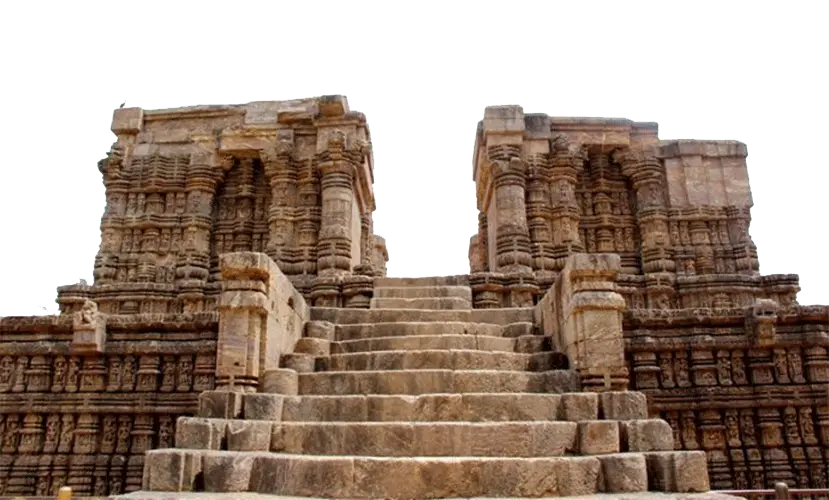If I got this right the relationship between this and the game of Ur is a lot like chess vs. shōgi: similar board and objective; common origin; different pieces, rules, and strategy.
Modern AI techniques are further aiding the understanding of ancient games. By simulating thousands of potential rulesets, AI algorithms help determine which rules result in enjoyable gameplay.
The "AI" in question is probably more like chess engines, and completely unlike LLMs or diffusion models. Just a way to simulate a huge number of games between decent-ish players, for any given ruleset. That allows you to check if any given ruleset has blatant issues, like:
- One side almost always wins
- The winner is determined too early
- The game takes too few or too many turns to complete
- There are "cheesing" strategies
Gamesets with those issues are unlikely to be played by human beings enough to allow the game to spread.
There's probably a lot of guesswork in the ruleset that the researchers chose though.




